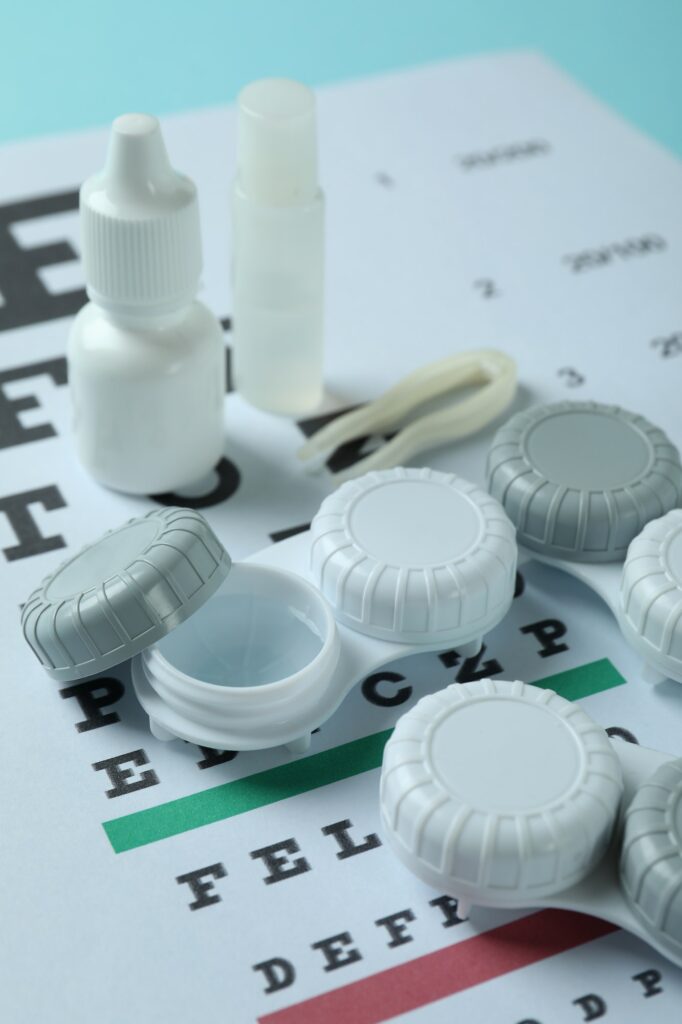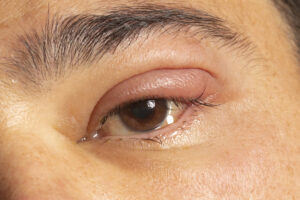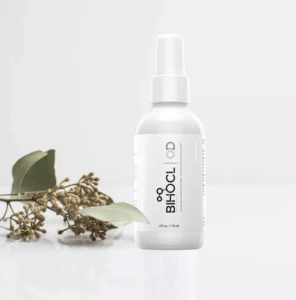Do you wear contact lenses? There is a wide variety of options available to pick from when it comes to selecting the right lens.. As a consequence of this, it can feel daunting to select the contact lens that is ideal for your eyes.
The majority of people are able to wear either soft or hard contact lenses. It’s possible that you’ll need to look at specialty solutions if you have a more difficult prescription, corneal problems, or dry eye. Continue reading to find out more information about the specialty contact lenses that Lumos Vision Care has available for our patients.
What Exactly is a “Specialty Contact Lens”?
Specialty contact lenses are lenses that have been specifically created to fit the shape of your cornea.
This is frequently the most effective treatment option for patients who suffer from conditions such as:
- Keratoconus
- Dry eye syndrome
- A scarred cornea (i.e. from illness or trauma)
- Extreme astigmatism
- A progressive form of nearsightedness that gets worse with each passing year
- Extreme discomfort when wearing standard contact lenses
Types of Specialty Contact Lenses
Gas-Permeable Contact Lenses
Polymethyl methacrylate, sometimes known as PMMA, is a hard polymer that was initially used to manufacture contact lenses. Although these contacts offered excellent optics, they did not permit oxygen to pass through them. This resulted in patients experiencing visual discomfort, ocular irritations, and in some cases even corneal abrasions.
In the 1970s, gas-permeable (GP) contact lenses were created as a solution to the issues that these lenses caused. They are built of a strong plastic, but they permit gas penetration, which results in improved comfort and clarity of vision for the wearer.
Scleral Contact Lenses
Scleral contact lenses have diameters that range from 14.5 mm to 24 mm, making them significantly larger than conventional contact lenses. Since scleral lenses have such a large surface area, they are able to cover the entirety of your cornea. As a result, they are an excellent treatment choice for individuals who have keratoconus as well as other corneal irregularities, such as scars. Like all contact lenses, they require a fitting to ensure they will work for your eyes.
Hybrid Contact Lenses
The centre of hybrid contact lenses is made of a gas-permeable (GP) material, and the lens’s skirt is made of a soft material. Patients who want the comfort of soft contact lenses but the clarity of vision provided by GP lenses are the best candidates for these lenses.
Do any of the above-mentioned lenses sound like they could help?
First, make an appointment for a comprehensive eye exam. An optometrist can only decide on the appropriate lens type for you with a full exam, as many factors, including the health of your eye, need to be considered. During an eye exam, Dr. Leung can assess your eye health, corneal shape and health, tear duct function, pupil size, and eyeglass prescription, which are all crucial to know. These details are needed to determine whether you need specialist lenses, or ordinary soft lenses.








